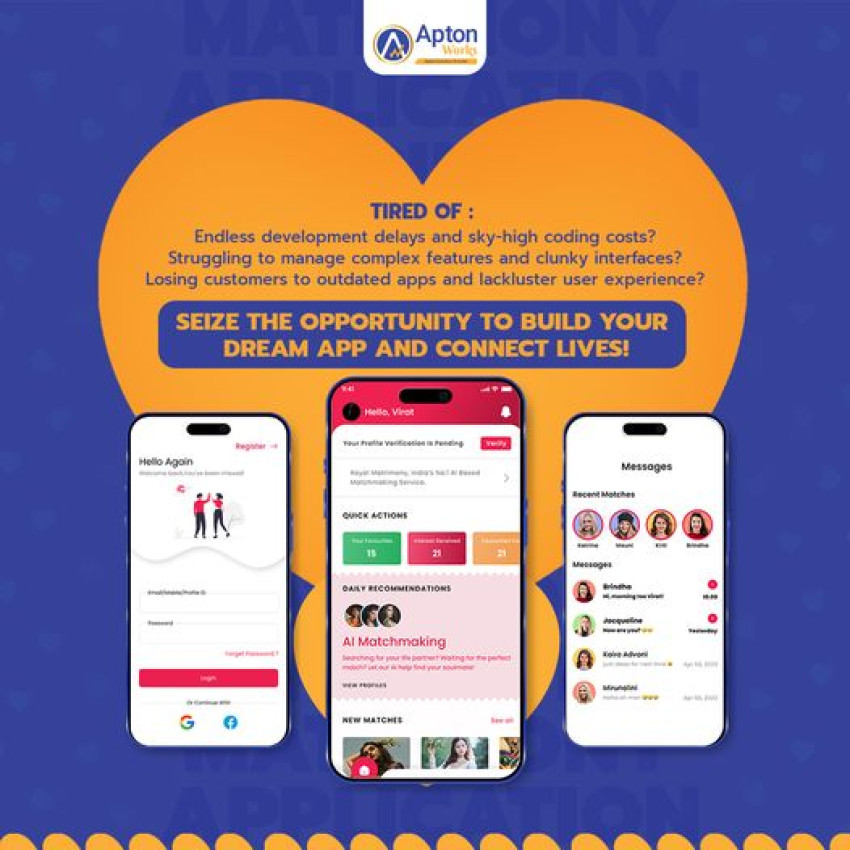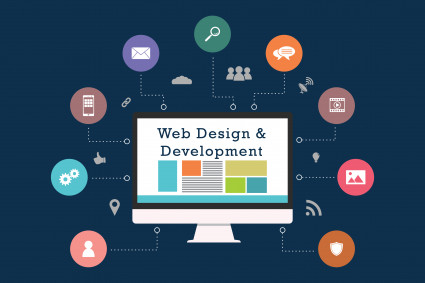
Introduction:
In today's digital age, mobile apps have become an integral part of our lives. Whether it's for entertainment, productivity, or connecting with others, mobile apps offer a convenient and immersive user experience. However, when it comes to developing a mobile app, one of the crucial decisions you need to make is choosing the right platform. In this blog post, we will explore the key factors to consider when deciding between iOS and Android, the two dominant mobile operating systems, to help you make an informed choice.
User Base and Market Share:
When selecting a platform for your mobile app, it's essential to consider the user base and market share of each operating system. iOS, the operating system used by Apple devices, has a loyal and affluent user base, making it an attractive choice for businesses targeting a more affluent demographic. On the other hand, Android, with its wide range of devices and price points, boasts a larger global market share, making it an appealing option for businesses aiming for a broader reach.
Design and User Experience:
The design and user experience of your app play a significant role in attracting and retaining users. iOS is known for its sleek and intuitive interface, adhering to Apple's strict design guidelines. This consistency across iOS devices ensures a seamless user experience. Android, on the other hand, offers more flexibility in terms of design, allowing developers to customize the app's look and feel. It's important to consider your app's branding and target audience when deciding which platform aligns better with your design goals.
Development Complexity and Tools:
The development process for iOS and Android apps differs in terms of complexity and the tools available. iOS development typically requires knowledge of Apple's programming language, Swift, and the use of Xcode, Apple's integrated development environment (IDE). Android development, on the other hand, utilizes Java or Kotlin and Android Studio as the primary IDE. Consider your team's expertise and resources when evaluating the development complexity and the availability of skilled developers for each platform.
App Store and Distribution:
The app store and distribution process can significantly impact your app's visibility and reach. Apple's App Store has a rigorous review process, ensuring high-quality apps for its users. While this process may result in longer approval times, it helps maintain a curated and secure app ecosystem. Android's Google Play Store, on the other hand, has a more lenient review process, allowing for faster app updates and releases. Additionally, Android offers alternative distribution channels, such as third-party app stores, providing more flexibility in reaching users.
Monetization and Revenue Potential:
Monetization strategies and revenue potential should also be considered when choosing a platform. Historically, iOS users have shown a higher willingness to pay for apps and in-app purchases, making it an attractive platform for generating revenue. Android, with its larger user base, offers a broader reach and potential for ad-based monetization models. Consider your app's business model, target audience, and revenue goals to determine which platform aligns better with your monetization strategy.
Conclusion:
Choosing the right platform for your mobile app is a critical decision that can significantly impact its success. By considering factors such as user base, design, development complexity, app store policies, and monetization potential, you can make an informed choice between iOS and Android. Remember, each platform has its strengths and considerations, so it's essential to align your decision with your app's goals, target audience, and resources. Ultimately, a well-executed app on the right platform can help you reach and engage your target users effectively.
For detailed information on app development strategies, check out https://www.aptonworks.com/android-blog.html



